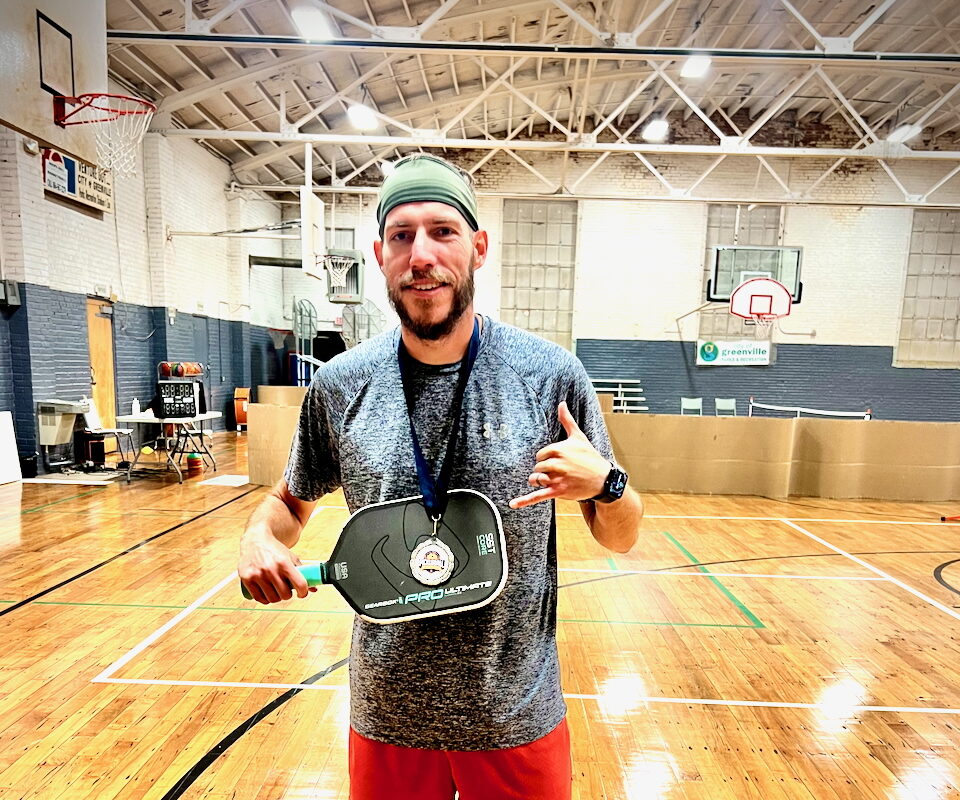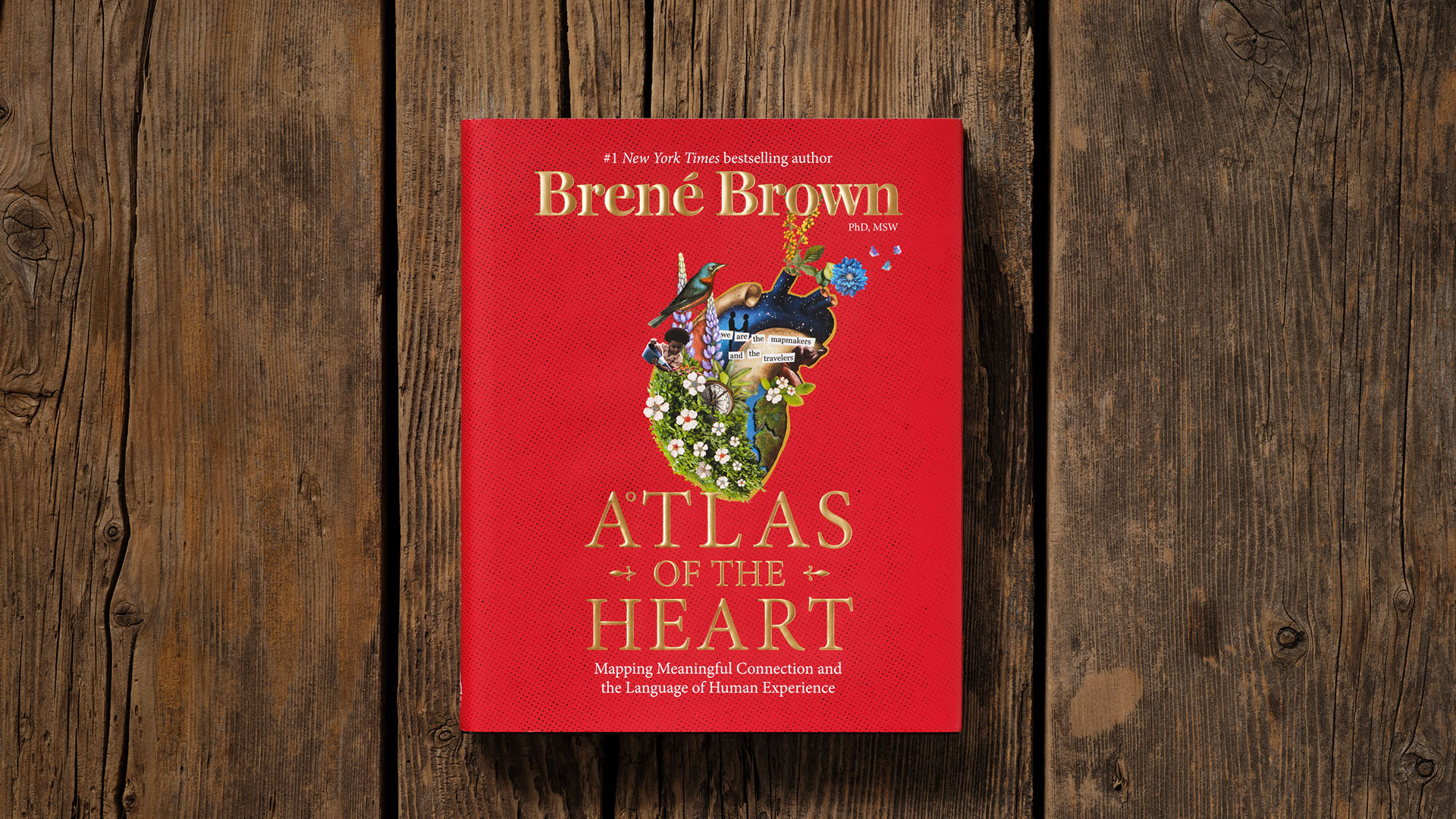This is what it means to Rory McIlroy.
For over a decade, the Masters was the one that got away—the final brushstroke missing from an otherwise legendary career. Four majors by the age of 25. Dominance, elegance, and charisma in equal measure. And yet, year after year, Augusta remained elusive. A heartbreak in 2011. A dozen tries since. Whispers of what could have been, what should have been.
The career Grand Slam.
One of the rarest feats in golf—claimed by only five men in history. Rory had three legs of it for over a decade. He just needed one more walk up the 18th at Augusta in triumph.
But this… this is what it feels like to chase a dream through storms and silence. To carry the weight of expectation, of near-misses, of a jacket that never quite fit—until today.
And here’s the thing—this isn’t just Rory’s story. It’s ours, too.
You can have all the pieces. All the promise. But some dreams take time. They demand more than talent. They ask for patience, heartbreak, growth, and relentless belief. You might wonder if your window has closed—but what if it’s just not yet?
Rory didn’t just win the Masters. He joined the legends.
He completed the career Grand Slam.
He finished the story.
And in doing so, he reminded us: unfinished doesn’t mean failure. It means there’s still more to come. He kept showing up. Kept believing. Kept working. And when the moment finally arrived, it meant more because of the wait.
So if you’re chasing your own version of a Grand Slam—don’t stop.
The timeline is different for everyone. But persistence is undefeated.
Keep showing up. Keep doing the work. Let the dream take the time it needs.
When he stood on the 18th green, jacket draped over his shoulders, the crowd rising in applause—not just for the win but for the journey—you could see it in his eyes: relief, redemption, glory.
Well done, Rory.
A decade in the making.
A masterpiece, at last.




